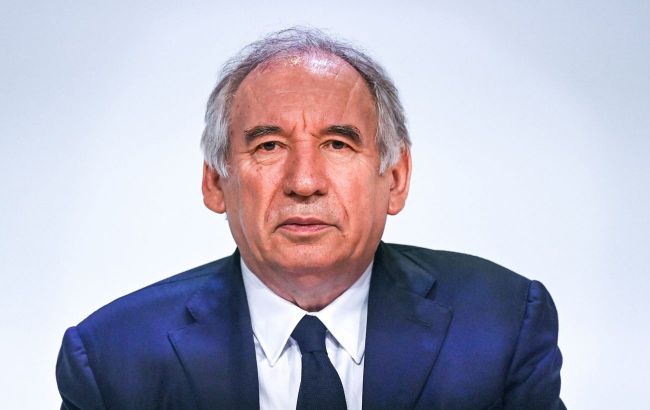Macron appoints new PM: What we know about François Bayrou
 Photo: French Prime Minister François Bayrou (Getty Images)
Photo: French Prime Minister François Bayrou (Getty Images)
French President Emmanuel Macron has appointed a new prime minister. François Bayrou, the head of the Democratic Movement party, will fill the position, according to a communiqué from the Élysée Palace.
What preceded
On Wednesday, December 4, the National Assembly passed a vote of no confidence in the government of Michel Barnier, who was serving as prime minister at the time. This led to the resignation of all ministers.
Following this, President Macron began searching for a new candidate for the position of prime minister. Initially, it was reported that the new prime minister's name would be announced on December 12. However, the announcement came a day later.
François Bayrou, the head of the Democratic Movement party, was appointed to the position.
Who is François Bayrou
François Bayrou, aged 73, is the leader of the liberal Democratic Movement party, which is part of the Ensemble pro-presidential political coalition.
Bayrou is considered a "veteran" of French politics. From 1993 to 1997, he served as France's Minister of National Education. In 2017, he briefly held the position of Minister of Justice.
He also ran as a candidate in the 2002, 2007, and 2012 French presidential elections. In 2007, Bayrou secured third place in the first round, garnering 19% of the vote, trailing behind Ségolène Royal and the winner, Nicolas Sarkozy.
Bayrou becomes the sixth prime minister during Macron's presidency, with his predecessor, Michel Barnier, having served for only three months.
According to French media, Bayrou’s main task will be to ensure the adoption of the country's 2025 budget amid a divided National Assembly.
Resignation of the French Government
In December 2024, the French government, led by Prime Minister Michel Barnier, resigned following a vote of no confidence in the National Assembly.
The decision was made possible by the alliance of far-right and left-wing deputies, who supported the motion with 331 votes (out of the 288 required). The resignation was triggered by a conflict over the use of Article 49.3 of the Constitution, which allows the government to pass the budget without a parliamentary vote, a move that drew sharp criticism.
This marks the first time since 1962 that a French government has lost the confidence of parliament, highlighting the deep political instability in the country.

